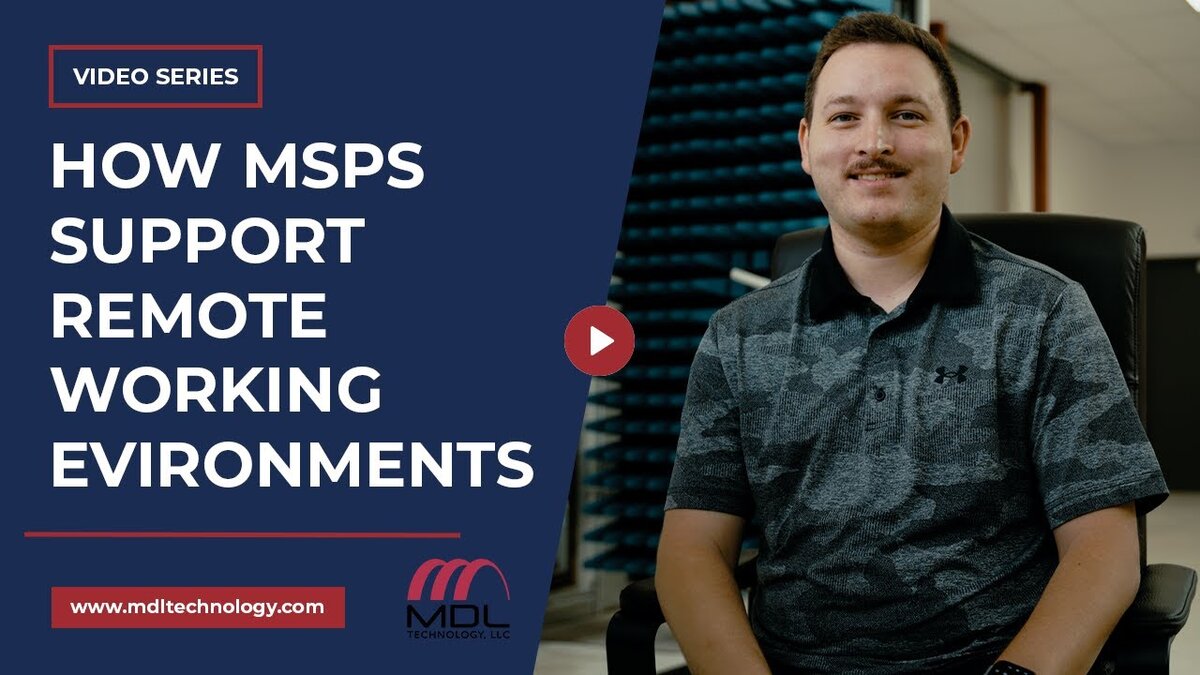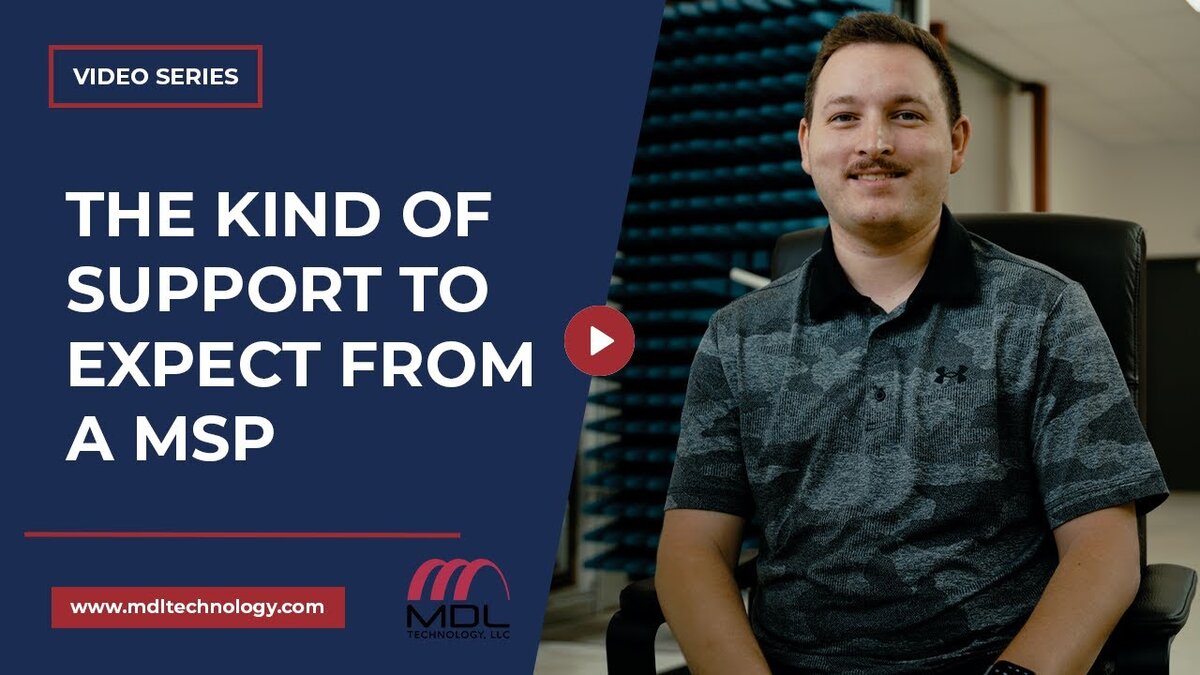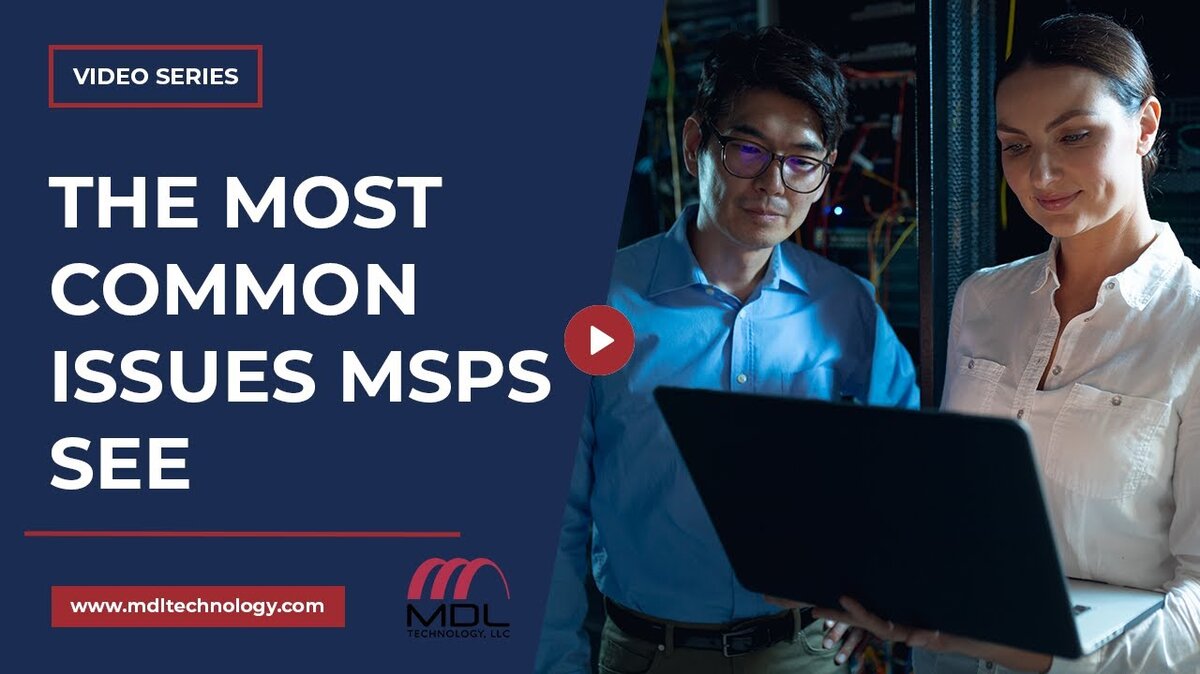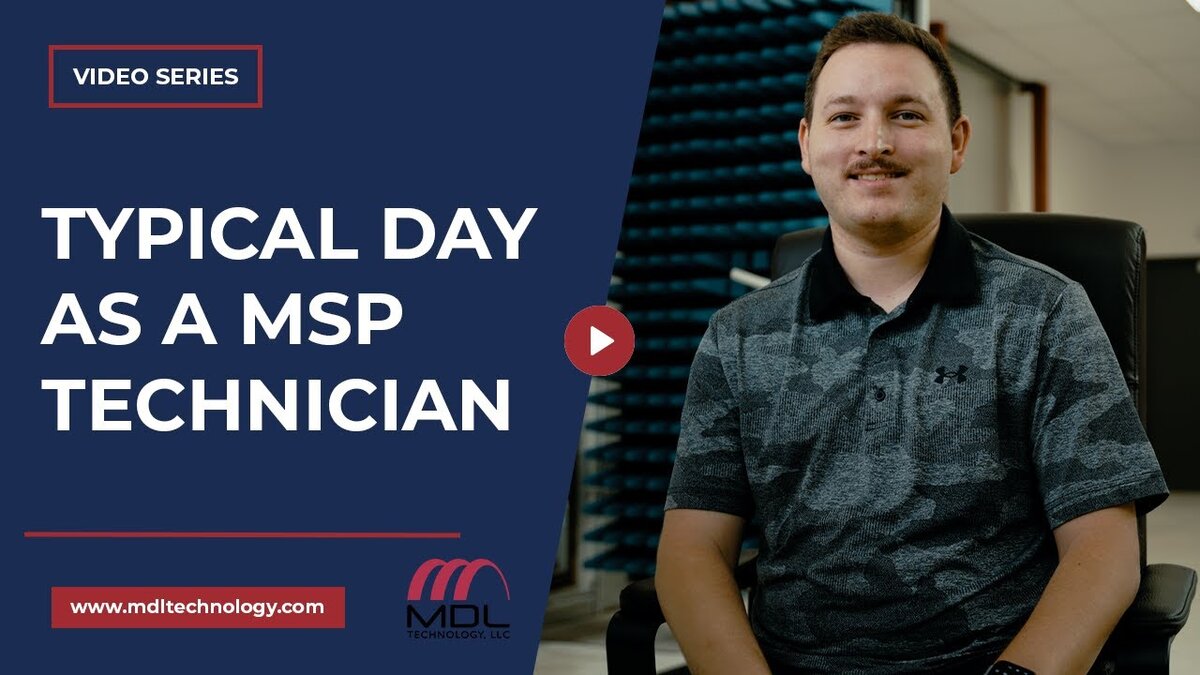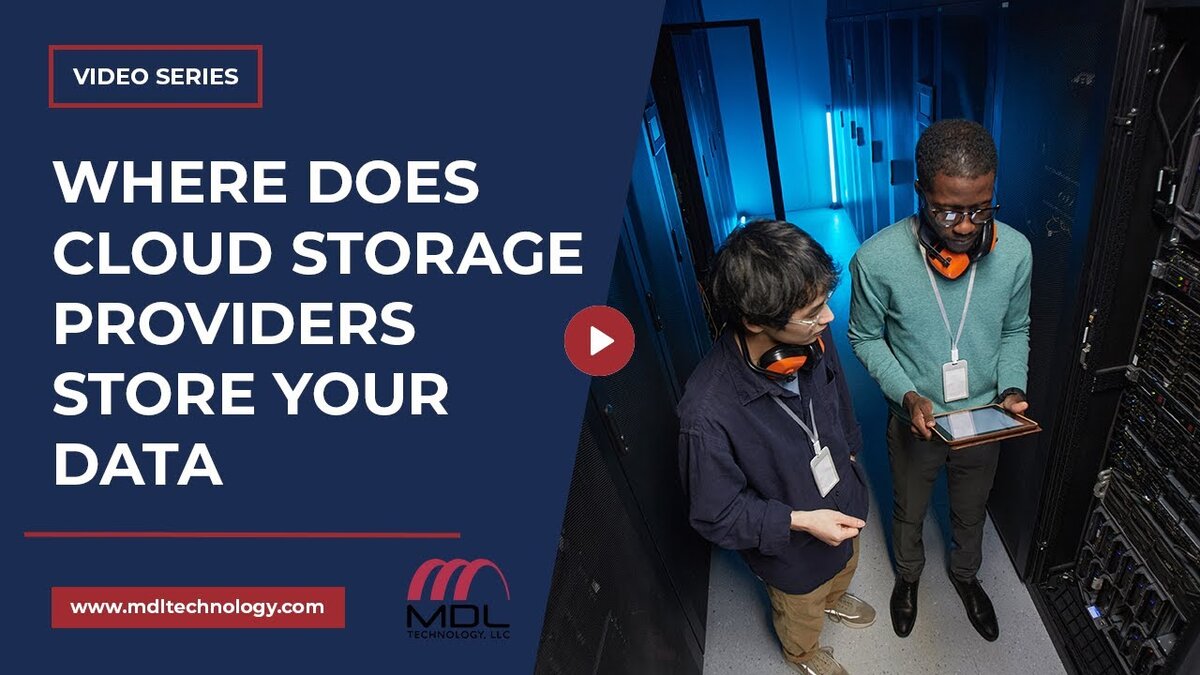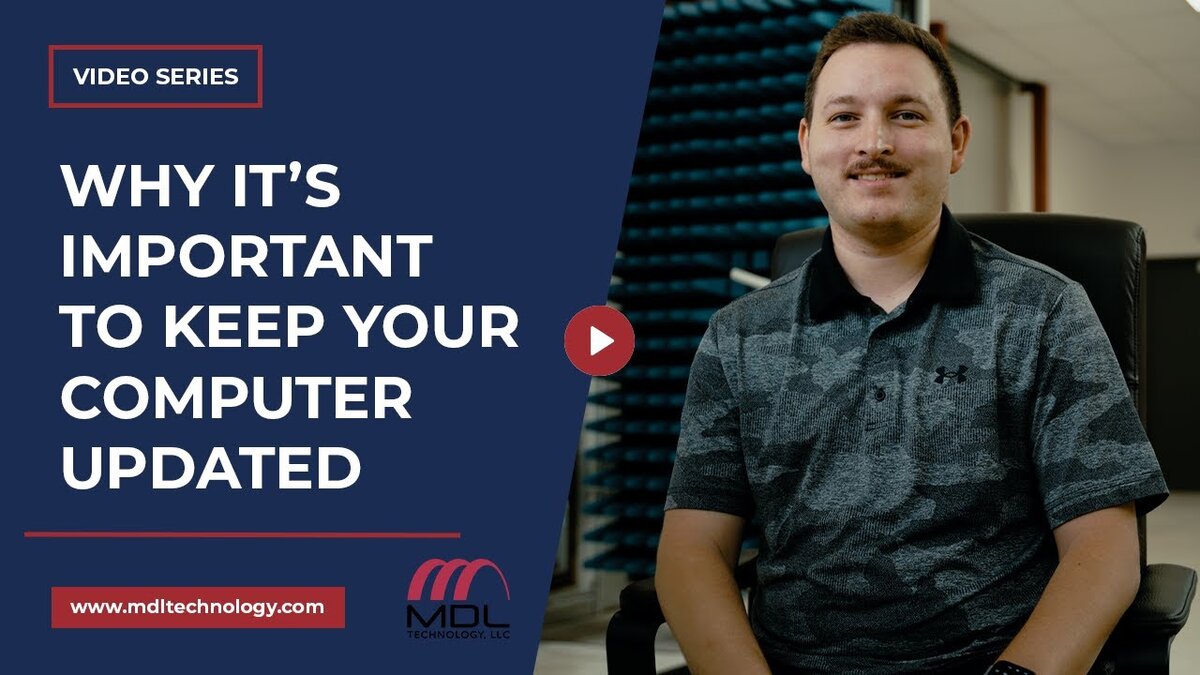Phishing scams, in which your personal and professional information can be lost in just the click of a button, are most commonly associated with fraudulent emails. But, this type of scam has also expanded to Voice over Internet Protocol (VoIP) systems and has become so prevalent it has earned its own unique name – voice phishing or vishing.
What’s Vishing
In a voice phishing scam, someone pretending to be in a position of authority, such as a bank representative or government official, calls or sends a message requesting confidential information. You are then sent a link where you are asked to enter your personal information. According to Lifewire, phone scams have a higher accessibility rate than email, which is why it is important to be as vigilant as ever in your safety precautions. Learn more about why VoIP scams are easy for hackers:
Creating Fake Numbers Is A Breeze
Cybercriminals use vishing scams because they are often at a low-risk of getting detected. Scammers can contact your employees and pretend to be a representative from a bank or government agency by using a fake number. The scammers will then ask for personal information such as account numbers, company property, and salary information and usually get away with it.
Easy to Access, Difficult to Track
Hackers don’t have to be rocket scientists to configure a VoIP system in order to make fraudulent calls or messages. VoIP hardware such as IP-PBXs, IP phones and routers are inexpensive and easy to access and can easily be connected to PCs to record phone calls. Since hackers are using fake numbers, the numbers are difficult to track because they can be destroyed at any time. This and advanced voice-changing software makes it harder for authorities to track down a vishing scam culprit.
Don’t Trust Your Caller ID
According to Fraud Watch International, caller ID plays a role in VoIP vishing scams because hackers can fake using a legitimate phone number, leading users to believe the call is legitimate. Hackers can trick users into thinking that they’re talking to technical support staff, a money transaction representative, or an investigator. To avoid finding yourself in a potential conversation with a hacker, avoid answering phone calls from international numbers and don’t trust your caller ID. When receiving a call, take note of the number and search online for the legitimacy of the number.
What next?
In order to protect against VoIP scams, set policies about information sharing and create strict security processes for all business communications within your company. Making sure your employees are aware of voice phishing scams is one step toward a safer and more secure work environment. According to Wheelhouse, it is important to stay up-to-date with top security measures such as using a VPN (Virtual Private Network) and an IDS (Intrusion Detection System) to counter hackers’ strategies.
At MDL Technology, your company’s security is our number one concern. By offering services such as 24/7 support, network monitoring, offsite data backups, auditing and compliance and more, we help ensure that you don’t need to stress about your team’s private information becoming public. Learn more about the services we offer by visiting our website.


